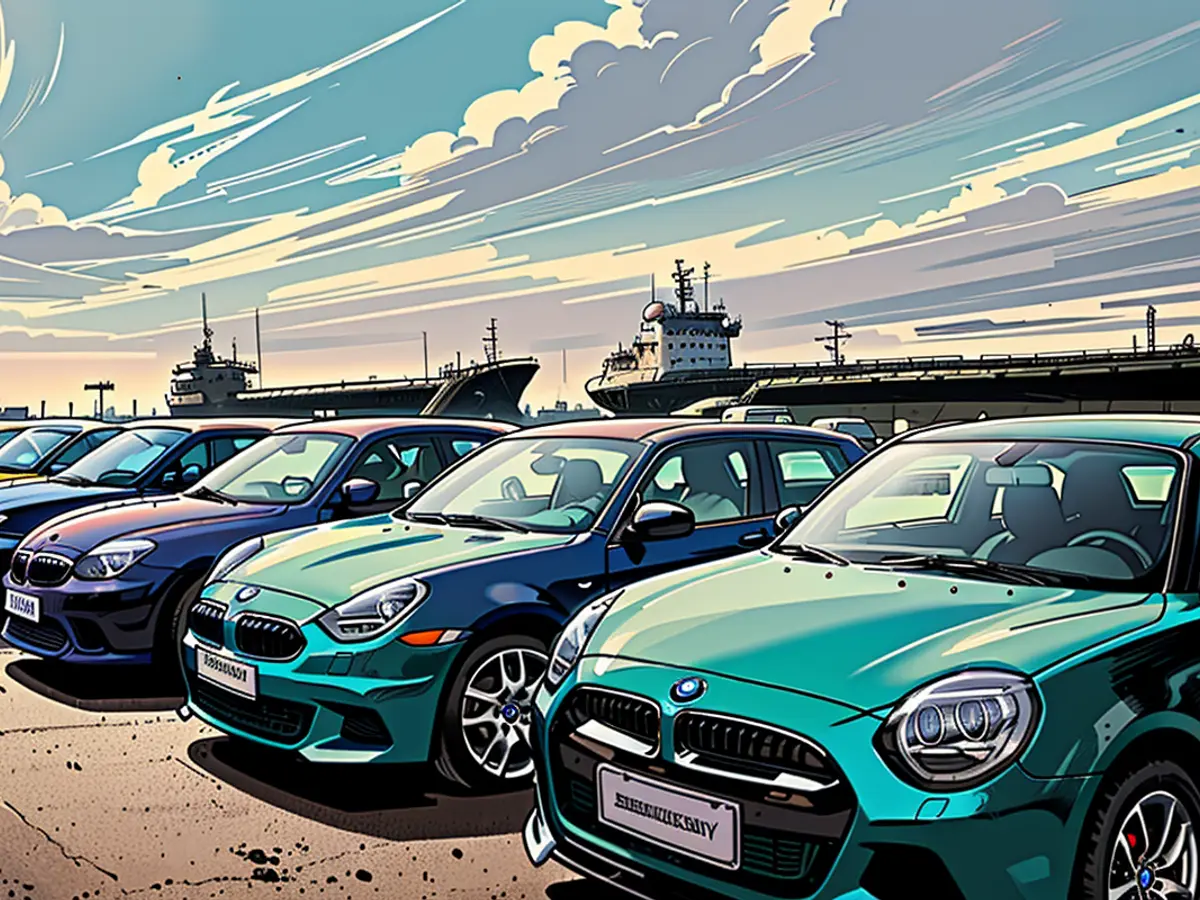BMW hopes for a loophole in the tariff dispute with China
BMW, which produces the E-Mini model in China, is currently paying the full tariff for the anti-dumping duties imposed on Chinese electric cars by the European Union (EU). However, this situation is expected to change soon.
According to an insider, BMW has made an application to the EU Commission to reconsider the classification of the Mini, expecting a lower rating in a few months. The goal is to get the Mini included in the group of so-called "cooperating companies," for which a customs duty of 20.8% applies.
The insider was optimistic that the Mini would be priced more favorably than at present. However, it is predicted that the procedure for new market participants will not be activated until the autumn, once the final customs decision has been made. BMW declined to comment on the matter.
BMW currently manufactures the electric version of the Mini exclusively in China. The vehicle has only been in production there for a few months and could not be considered in the EU Commission's investigation. As a result, the Mini, as well as a Volkswagen model called Cupra, is subject to the highest tariff of 37.6%. The anti-dumping duties on Chinese electric cars are currently being imposed provisionally. The EU Commission has until November to make its final decision.
Chinese auto exports have increased by 28% recently. However, this trend could be affected by the dispute between China and the EU. The first signs of this are apparent in NEVs (Neighborhood Electric Vehicles), which account for around a fifth of all Chinese auto exports and almost half of all domestic sales. "NEV exports are currently under pressure," said Cui Dongshu, CEO of the China Passenger Car Association. Although they rose by 12.3% year-on-year, they shrank by 15.2% compared to the previous month.
- Despite the anti-dumping duties affecting German carmakers like BMW, the company is attempting to reduce the tariff on its E-Mini model in China by requesting a reevaluation of its classification by the EU Commission.
- The electric version of the Mini, produced exclusively in China by BMW, is currently subject to the highest tariff of 37.6% due to being classified as a Chinese electric car, a situation BMW is aiming to change.
- The German carmaker BMW, alongside other manufacturers, is facing challenges in the car market due to the anti-dumping duties on Chinese electric cars, causing tension between China and European Union economies.
- The increasing export of electric cars from China has benefited the industry, but potential changes in cooperation between Chinese and European Union manufacturers, such as BMW with its Mini model, could impact this trend.








